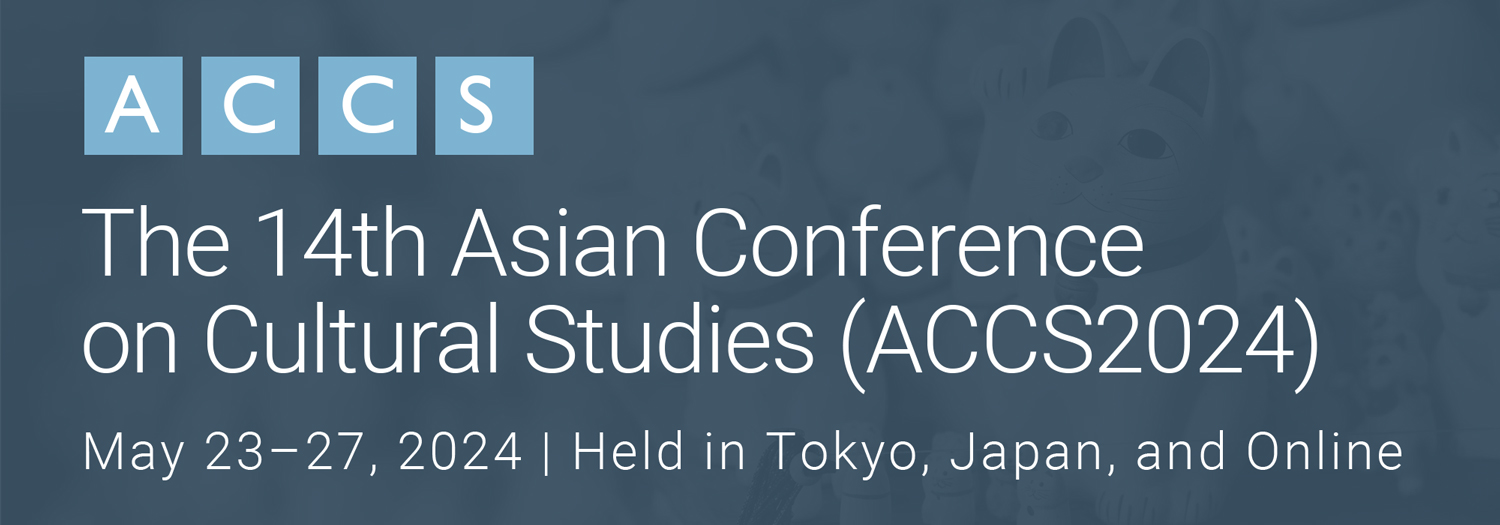Heralded as the most commercially successful and socially engaged world cup to date, the Rugby World Cup 2019 was hosted across 12 cities in Japan from September to November in 2019. A total of twenty national teams participated in the tournament over a 44-day period and delivered the most competitive and best attended tournament in the world cup’s history. In order to succeed in the tournament, naturally each of the competing teams were immersed in a high-performance cultural environment. In this presentation, I will specifically discuss the intercultural strategies (intercultural sensitivity, adaptation and efficacy) witnessed and investigated during the world cup using a qualitative survey and non-participant observation approach in my role as a researcher and as a Team Liaison Officer for one of the competing national teams. Finally, I will address the research findings in terms of future implications for high-performance culture building contexts.
Read presenter's biographyIntercultural Strategies in High-Performance Environments: Observations from the Rugby World Cup 2019

